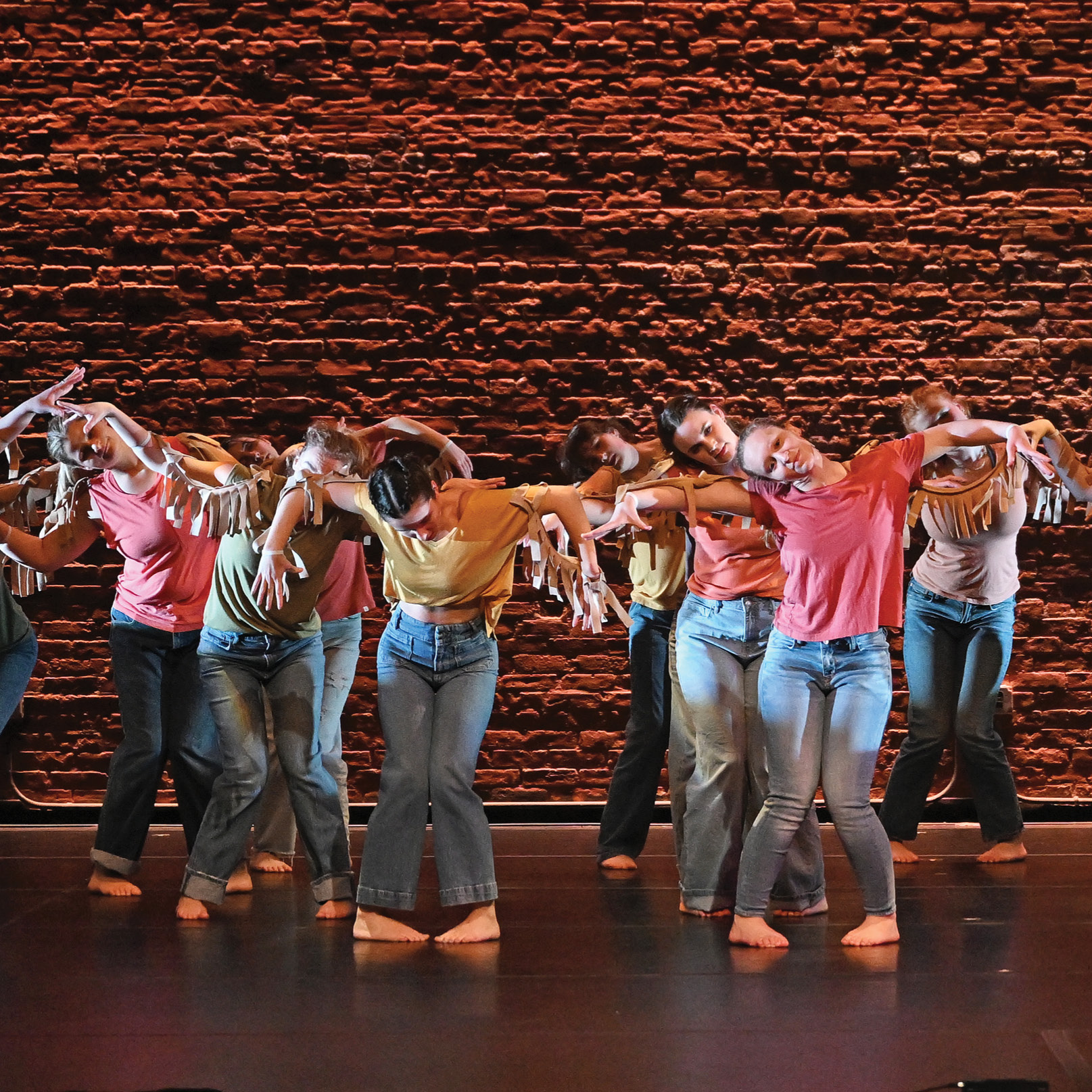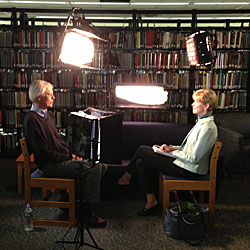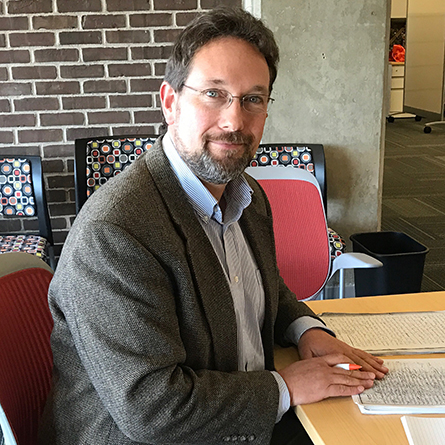
Professor on CBS Sunday Morning: Halloween brings out the superstition in all (or most) of us

Psychology professor Stuart Vyse didn't wear lucky socks to his interview in Shain Library with CBS's Susan Spencer. He didn't eat a special dinner, and he didn't knock on wood. But most people probably would, he says.
Vyse, author of "Believing in Magic: The Psychology of Superstition," was interviewed for a eight-minute CBS Sunday Morning segment about superstition. (The video is not available online, but a partial transcript is available.) The piece aired Sunday, Oct. 28, just days before arguably the most superstitious day of the year.
"In Halloween, we even have a holiday that celebrates superstitions," Spencer said.
More than half of Americans have at least one superstition, said Vyse, who is regularly interviewed about superstition and has previously been quoted by CNN, MSNBC, Washington Post, Time, Bloomberg and many other media outlets. In the CBS piece, he describes a superstition as "a belief or an action that is inconsistent with science."
"And it needs to be aimed at bringing about good luck, or avoiding bad luck," he added.
Superstitions help people feel in control, Vyse says, even though the action itself has no actual effect on the outcome. Baseball players, like Casey Daigle, who is also interviewed in the CBS story, are especially susceptible because the game places emphasis on individual performances - like batting and pitching - with many elements out of the individual's control.
Yet, as Vyse points out in the piece, we are all susceptible. "I'm not a superstitious person at all," he told Spencer. "But I was once on a flight coming home from a conference and it was a very turbulent flight. And I don't handle turbulence well. I don't like it at all. And a colleague was sitting next to me and he turned to me and said, 'Stuart, did you notice that we're sitting in the 13th row?' I mean, for a moment there I felt a little anxious. My heart rate went up. And then I realized, 'Well, wait a second - if the plane goes down, all the rows are going down, not just the 13th row.' But I think it shows that we're all vulnerable to it," he said.
October 31, 2012
